Nissan EV and Hybrid Warranty: Is Your Battery Covered for the Long Haul?
Understanding the Foundation: Nissan's Standard Warranties
Before we delve specifically into EV and hybrid battery coverage, it's helpful to understand the general warranty framework Nissan provides for its vehicles. Like most manufacturers, Nissan offers a 'bumper-to-bumper' or 'new vehicle limited warranty,' which typically covers most components for a set period, usually 3 years or 36,000 miles, whichever comes first. This initial warranty covers defects in materials or workmanship. Beyond that, there's often a separate 'powertrain limited warranty,' which extends coverage for vital components like the engine, transmission, and drivetrain for a longer duration, commonly 5 years or 60,000 miles. These standard warranties are important, but when it comes to electric and hybrid vehicles, the high-voltage battery and associated EV components typically receive their own specialized coverage, often going above and beyond these general terms.The Heart of the Matter: Nissan's EV Battery Warranty
For dedicated electric vehicles like the iconic Nissan LEAF and the sophisticated Nissan ARIYA, the high-voltage lithium-ion battery is the lifeblood, and its warranty is a major factor for potential buyers. Nissan provides robust coverage for its EV batteries, specifically designed to address both defects and the natural process of battery degradation. For most Nissan EVs, the primary battery warranty is 8 years or 100,000 miles, whichever comes first. This warranty covers:First, it covers any defects in materials or workmanship. Should a cell or module fail due to a manufacturing fault, Nissan will repair or replace it. Second, and crucially for EV owners, it covers against excessive capacity loss. For the Nissan LEAF, for example, the warranty stipulates coverage if the battery capacity falls below 9 out of 12 bars on the vehicle's capacity gauge within that 8-year/100,000-mile period. This provides significant reassurance that your EV will maintain a usable range throughout its early life. For owners in California emissions states, this coverage can extend even further to 10 years or 150,000 miles for capacity loss, aligning with specific state regulations. This comprehensive coverage for the Nissan LEAF battery warranty and Nissan ARIYA battery warranty ensures that one of the most significant investments in an EV is well-protected.
Hybrid Power Protection: Nissan's Hybrid Battery Warranty
Nissan also offers innovative hybrid solutions, such as the unique e-POWER system found in models like the Nissan Kicks e-POWER and the Nissan Qashqai e-POWER. While these vehicles use a gasoline engine, it primarily acts as a generator to charge a battery that powers electric motors, giving them an EV-like driving feel without needing to plug in. For these hybrid systems, the high-voltage battery and other specialized hybrid components also come with their own dedicated warranty. Typically, Nissan's hybrid traction battery warranty aligns closely with its EV battery warranty, offering coverage for 8 years or 100,000 miles, whichever comes first. This protects against defects in materials and workmanship for the high-voltage battery pack itself. While degradation thresholds might not be specified in the same 'bars' as a full EV due to the smaller battery size and continuous charging from the engine, the coverage for operational integrity remains paramount. This extended coverage provides peace of mind for hybrid owners, knowing that the intricate and essential components of their electrified powertrain are built to last and backed by Nissan's commitment to quality. For specific models like the Kicks e-POWER or Qashqai e-POWER, owners should consult their vehicle's owner's manual for the precise terms, as regional differences can apply to the Nissan e-POWER warranty.Beyond the Battery: Other EV and Hybrid Component Coverage
While the battery often gets the most attention, an EV or hybrid powertrain consists of several other specialized components that also fall under extended warranty protection. For Nissan's electric and hybrid vehicles, this usually includes:- Electric Motor: The heart of the EV/hybrid drivetrain, responsible for propelling the vehicle.
- Inverter and Converter: These manage the flow of electricity between the battery, motor, and other vehicle systems.
- Onboard Charger: For plug-in vehicles, this component manages the charging process from external power sources.
- Electric Power Control Unit (EPCU): The 'brain' that manages the complex interplay of electric power.
- Transaxle/Reduction Gear: The specialized transmission system for electric motors.
- Hybrid System Components: For hybrids, this can also include the generator, power split device, and associated wiring.
These critical EV and hybrid system components are typically covered under the same 5-year or 60,000-mile powertrain warranty as a conventional vehicle, or sometimes under the specific EV/Hybrid component warranty, which may extend to 8 years or 100,000 miles, depending on the specific component and vehicle. It's always best to check your individual vehicle's warranty booklet for the exact duration and mileage for each part, but rest assured that these high-tech components are protected well beyond the standard bumper-to-bumper terms.
Factors Affecting Battery Life and Warranty Claims
While Nissan provides excellent warranty coverage, it's important to understand that certain factors can affect battery longevity and, in some rare cases, warranty eligibility. Battery health is influenced by a combination of usage and environmental factors. Extreme temperatures, both hot and cold, can accelerate degradation over time. Frequent DC fast charging (Level 3) can also put more stress on the battery compared to Level 1 or Level 2 charging. Driving style, such as aggressive acceleration and braking, can also play a minor role. It's also critical to note what typically isn't covered by warranty: damage from accidents, misuse, unauthorized modifications, improper maintenance (not following Nissan's service schedule), or using non-approved parts. Sticking to recommended charging practices, managing parking in extreme weather, and adhering to scheduled maintenance at authorized Nissan service centers are the best ways to maximize your battery's life and ensure your warranty remains valid. Understanding these nuances helps maintain your electric car battery life and supports potential hybrid battery warranty claims.Navigating Your Nissan Warranty: What You Need to Know
To make the most of your Nissan EV or hybrid warranty, here are a few practical tips. Firstly, always keep your vehicle's owner's manual and warranty information handy. It's the definitive guide to your specific vehicle's coverage. Secondly, adhere to Nissan's recommended maintenance schedule. Regular servicing at an authorized Nissan dealership ensures that any potential issues are identified early and that your vehicle is maintained according to manufacturer specifications, which is often a condition of the warranty. Keep accurate records of all service performed. If you ever have questions or concerns about your battery or other EV/hybrid components, don't hesitate to contact your Nissan dealer. They are equipped with the specialized diagnostic tools and training to assess your vehicle accurately and guide you through any warranty claims process.Conclusion
Investing in a Nissan EV or hybrid is a smart choice for many drivers, offering a blend of performance, efficiency, and environmental responsibility. A significant part of that smart investment is the peace of mind that comes with robust warranty coverage, especially for the high-voltage battery. Nissan's commitment to an 8-year/100,000-mile warranty for its EV and hybrid batteries, coupled with coverage for other essential electric components, demonstrates confidence in the longevity and reliability of their electrified vehicles. By understanding these terms, practicing good charging habits, and maintaining your vehicle diligently, you can enjoy your Nissan EV or hybrid for many years and miles to come, knowing your battery is covered for the long haul.Where can I find my VIN?

Related Topics
- The Ultimate Peace of Mind: A Deep Dive into Mitsubishi's 10-Year/100,000-Mile Powertrain Limited Warranty
- Protect Your Warranty: Essential Maintenance Tips to Avoid Voids on Your Mitsubishi
- The Certified Advantage: Why a Mitsubishi CPO Comes with the Same 10-Year Powertrain Warranty
- Mitsubishi CPO vs. New Car Warranty: A Head-to-Head Comparison

